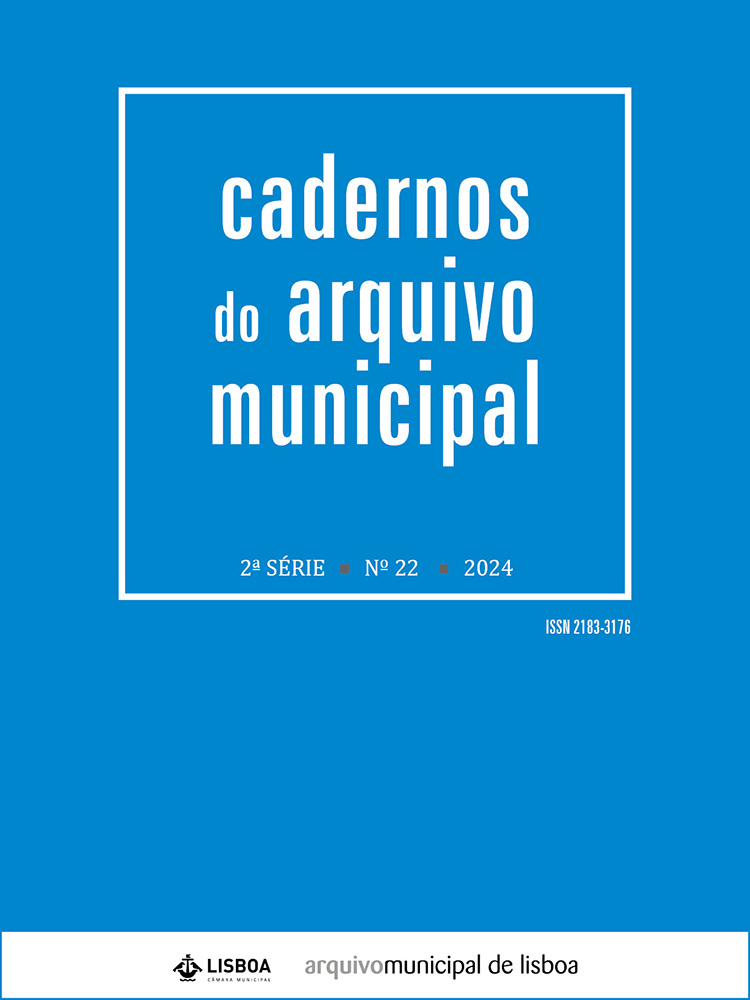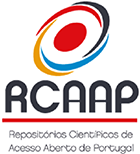An analysis of transnational networks of criminological studies based on the works of Dr. Francisco Ferraz de Macedo (1873-1907)
DOI:
https://doi.org/10.48751/CAM-2024-22366Keywords:
Criminology, Francisco Ferraz de Macedo, Transnationalism, History, AnthropologyAbstract
This article deals with the formation and maintenance of networks of criminological knowledge in the Atlantic World through the figure of Francisco Ferraz de Macedo, a Portuguese doctor and anthropologist who grew up and studied in Brazil, but whose professional path led him to work in some of the main European centres for criminological studies. From his various works, we will observe how his medical-anthropological discoveries relate to the international scientific debate at the end of the 19th century. In this way, we aim to analyse the importance of the historical study of the figure of Ferraz de Macedo in the process of understanding the mechanisms that promoted the transnational character of criminological sciences in this period.
Downloads
Downloads
Published
How to Cite
Issue
Section
License
Copyright (c) 2024 Fernando Fontes Cepulli

This work is licensed under a Creative Commons Attribution-NonCommercial 4.0 International License.
The authors retain copyright and grant the journal the right of first publication, with the work simultaneously licensed under the Creative Commons Attribution License CC BY-NC 4.0 which allows sharing and adapting the text as long as its authorship is correctly attribbuted with recognition of the initial publication in this journal.









